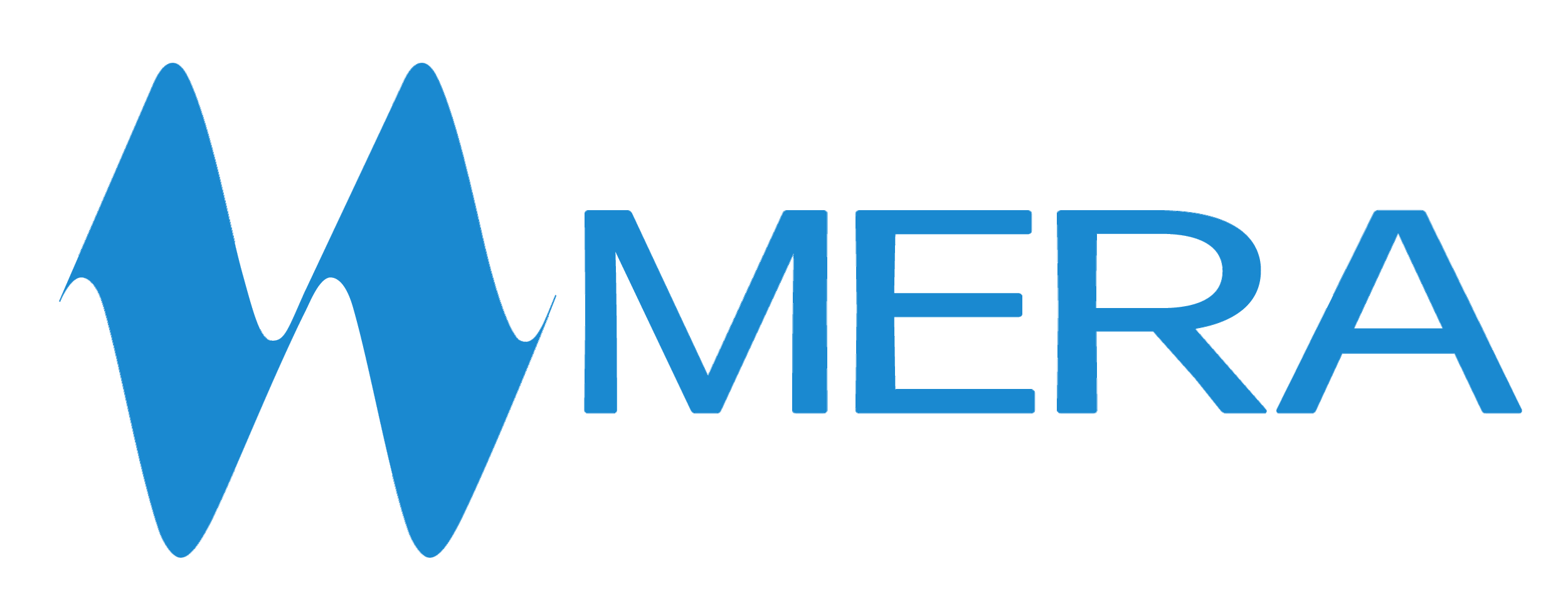A select listing of project-related resources and reports follow.
For more information, please contact MERA.
NEW BOOK! Fostering Computational Thinking Among Underrepresented Students in STEM: Strategies for Supporting Racially Equitable Computing 20% Discount Available at checkout.
Mitchell, M. B., Fashola, O. S., Botanga, C., Nguyen, K., & Charles, S. (2020). (paper accepted) Broadening participation and multi-institutional partnership: Underrepresented minority STEM majors and summer research. Annual meeting of the American Educational Research Association, San Francisco, CA.
Defying Stereotype Narratives on who can do STEM: Lessons from a Historically Black College and University (HBCU) by John Chikwem, Toks Fashola, Kevin Favor, and Monica Mitchell
American Evaluation Association Conference
March 19, 2019
Das, K. S., Gonic, L., Mitchell, M., Baldwin, C. G., & Kairo, M. (2019). Holistic development of undergraduate students - concept cartoons to authentic discovery. Systemics, Cybernetics and Informatics, 17(4), 13-17.
Engaging Underrepresented Minority Students in Undergraduate Research
(Lincoln University HBCU-UP LEAPS-T Project)
American Evaluation Association Annual Meeting
November 1, 2018
Cleveland, Ohio
The Competitive Edge in NSF Programs
Advisory Board Site Visit, Fort Valley State University
April 9, 2018
Leonard, J., Mitchell, M., Barnes-Johnson, J., Unertl, A., Outka-Hill, J., Robinson, R., & Hesta-Croff, C. (2018). Preparing teachers to engage rural students in computational thinking through robotics, game design and culturally responsive teaching. Journal of Teacher Education, 69(4), 386-407, (https://doi.org/10.1177/0022487117732317).
Roundtable Session: Identifying and Selecting Instruments for STEM Education and Training Evaluations, American Evaluation Association Annual Meeting, November 10, 2017, Washington, DC. See our list of databases to locate instruments.
MSI Life STEM Workshops: A Capacity-Building Opportunity for Minority-Serving Institutions and Other STEM Education Research Organizations conducted by The Quality Education for Minorities (QEM) Network and MERAssociates, LLC (MERA) with Regional Partners: Xavier University of Louisiana, Spelman College, and Rutgers University-Newark. (2017, June).
Aryana, S., Leonard, J., Mitchell, M., & Lazic, M, (2017, April). Using STEM internships to recruit and retain Noyce scholars in elementary education. Paper presented at the Annual Meeting of the American Educational Research Association, San Antonio, Texas.
Leonard, J., Buss, A., Gamboa, R., Mitchell, M., Fashola, O.S., Hubert, T. & Almughyira, S., (2016). Using robotics and game design to enhance children’s self-efficacy, STEM attitudes, and computational thinking skills. Journal of Science and Technology, doi: 10.1007/s10956-016-9628-2.
Mitchell, M. B., & Mitchell, M. G., (2015). Shining A Light on Excellence in STEM Teaching: STEM Teacher Award Programs in Urban Communities. Vienna, VA: MERAssociates, LLC.
Leonard, J. & Aryana, S., Johnson, J. B., & Mitchell, M., (2015, June). Preparing Noyce scholars in the Rocky Mountain West to teach mathematics and science in rural schools [presentation]. Session at the Eighth Annual International Mathematics Education and Society Conference, Portland, Oregon.
Mitchell, M. B., (2011). Situating System-level Professional Development in District Context. Research brief submitted to Articulating Research Ideas that Support the Implementation of the Professional Development Needed for Making the Common Core State Standards in Mathematics a Reality for K-12 Teachers, an NSF-funded national conference, May 12-13, 2011, North Carolina State University, Raleigh, North Carolina.
King, K. D., Mitchell, M. B., Tybursky, J., Simic, O., Tobias, R., Phaire, C., & Torres, M., (2011). Impact of teachers' use of standards-based instructional materials on students' achievement in an urban district: A multilevel analysis. Paper presented at the meeting of the American Educational Research Association, New Orleans, LA.
Mitchell, M. B., (2010, March). Expanding opportunity and access for mathematically talented precollege students in the 21st century. White Paper commissioned by the Alfred P. Sloan Foundation and the John Templeton Foundation.

